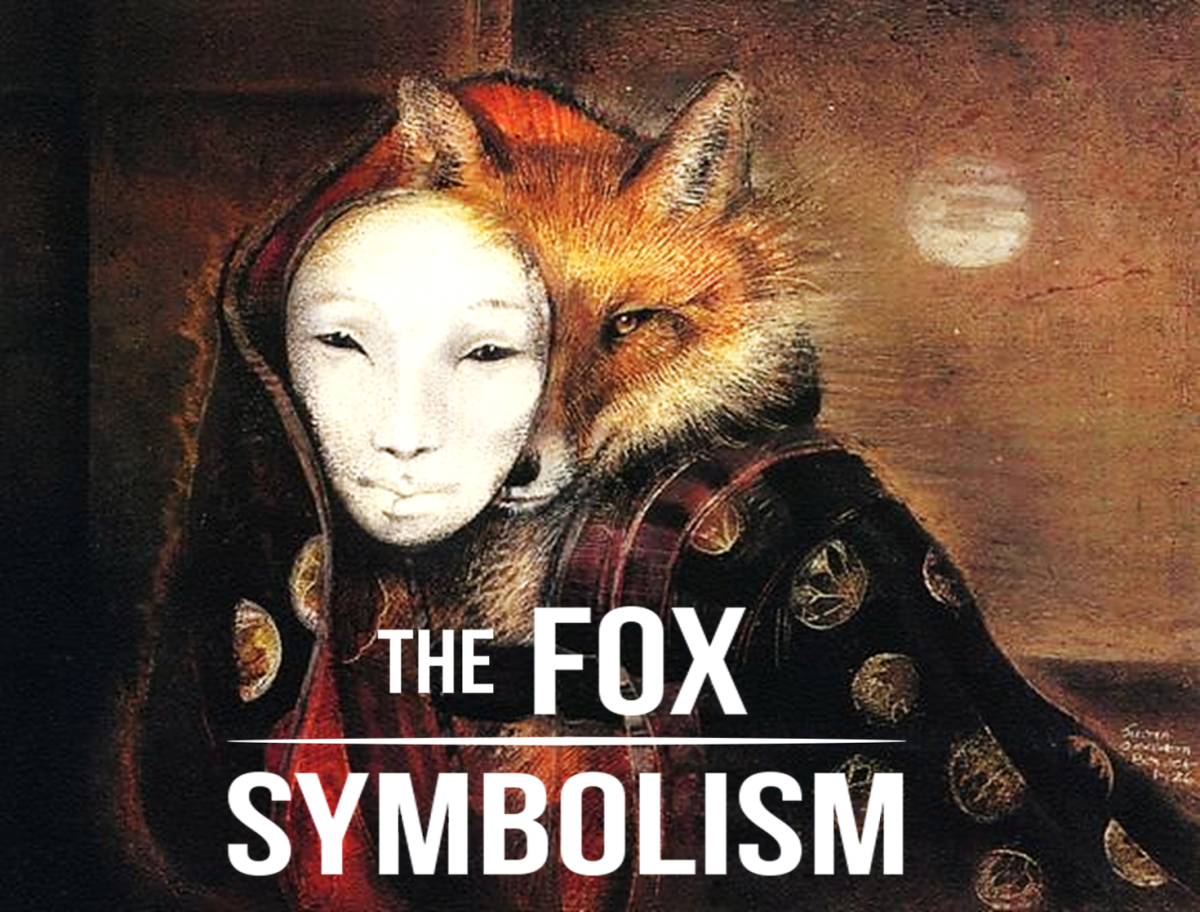The Mythological Fates


The Fates

The Fates were three mythological Greek goddesses who decided the course, or threads, of a person’s life. These goddesses, Clotho, Lachesis, and Atropos, often depicted as old women spinning, were believed to determine the events in and duration of someone’s life. It was believed Clotho spun the thread representing a person’s life, Lachesis decided how the life would be lived and Atropos was the one who decided for how long and had shears to cut the thread. Collectively they were known as the Moerae.
The Fates were popular in Greek mythology, poetry, and literature. There is a scene in Homer’s Odyssey which refers to them. They were also depicted as individuals by some, who believed the three, were in charge of watching over a person’s fate.
According to the poet Hesiod, the Fates were the daughters of Zeus and Themis. Hesiod confuses his readers though by identifying them in some of his work as the offspring of Nyx, the goddess of Night.
According to legend, the Fates are old enough to have been in existence before any of the other mythological gods. It is not known exactly how powerful the three in combination were. It’s thought by some they determine the fate of the gods as well. Therefore, even they fear them. Some Greeks claim the Fates visit the cradle of every newborn infant to determine their future…kind of like more modern Fairy Godmothers.
In most mythologies the three represent the rulers of the past, present and future. Many believe they symbolize a trinity of goddesses, the Virgin, Mother and Crone. The Crone was depicted as Creator, Preserver and Destroyer.

The Fates appear in numerous other mythologies as well. In most they were also seen as weavers, so perhaps there is a common thread leading to their origin.The Romans called her Fotuna, also a trinity. To the Babylonian’s, her name was Mammetum, meaning "Mother of Destiny.” However, some researchers have suggested all may have originated from the primordial Indo-European Kali Ma or “Mother of Karma.”
In other trinity mythologies they appear in guises as the Horae, Graces, Muses, Gorgons, and Furies as well as a host of others. There were, the Norns or “Weird Sisters of the north,” the Zorya of the Slavs, the Morrigan of the Irish and Guinevere or Brigit of the Britons.
There were others, such as the Trinity of Aphrodite, better known as the Horae. The Horae were the three celestial nymphs, Eunomia, Dike and Eirene, meaning Order, Peace, and Justice. The names refer to each of their responsibilities.
The Slav’s believed the Fates decisions were not set in concrete and magic could sometimes be used in influencing them, allowing them to live a longer life. But, not all consisted of a trinity. A Russian myth holds a young maiden, the Virgin of Dawn, was the first Fate. Another similar equivalent would be the Greek god Eros.
By the middle ages, in many cultures the Fates had degenerated to the status of fairies and elves. But they are still alive and well in Greek Mythology and others, although with varying minute changes. For instance, Greeks will leave food in the room of a newborn to put the Fates in a better mood before they make their decisions concerning the child. Gypsy legends say "three ladies in white" stand at the cradle of a child and later in life, when it’s time, take back the soul.








